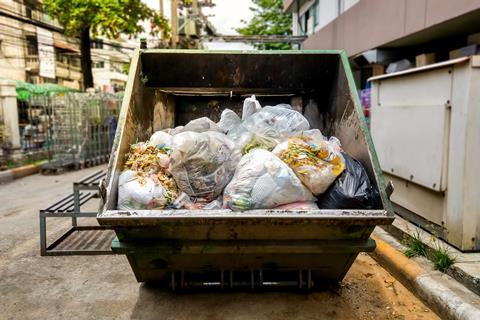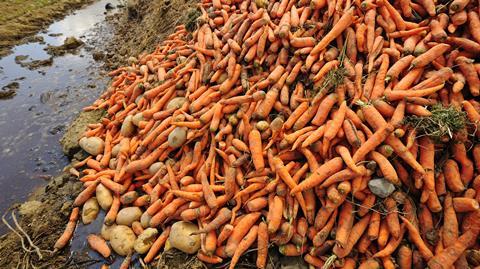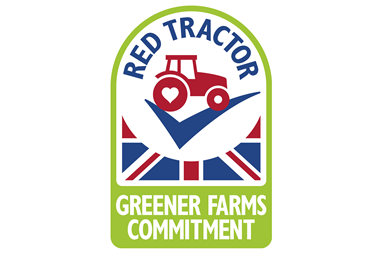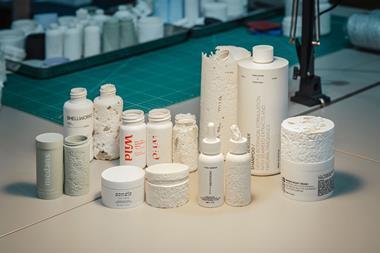
As the curtain prepares to fall on another parliament session dominated by scandal and sleaze, it’s the traditional time for the government to start thinking about which policies it needs to rush out - or quietly dump - before they go off on their hols.
In the former bracket is the CMA’s new petrol price comparison service, as the government seizes on an opportunity to take supermarkets to task over “ripoff” prices at the pumps, with plans for a preliminary service to be up and running as soon as next month, It seems supermarkets have faced the same dilemma as shoppers in deciding between food and fuel, with that extra margin pouring into subsidising food prices/competing against the discounters depending on your perspective. But it won’t wash with the government as it’s determined to ensure that fuel isn’t “a cash cow” – for the supermarkets at least, as it rakes in 55% in fuel duty.
But there’s even more falling into the government’s ‘quietly dumping’ bracket right now, especially when it comes to its commitments on the environment. In the year and a half since COP 26, instead of the world-leading action on climate change it promised, we have seen a whole series of rowbacks.
The Grocer understands plans for the extended producer responsibility (EPR) scheme – announced amid fanfare by ex-Defra secretary Michael Gove five years ago to make industry responsible for the cost of recycling – could bite the dust, at least in their current form, by the time MPs have packed their suitcases.
On the back of a damning National Audit Office report huge questions have been raised over EPR’s future, while the deposit return scheme could face the axe altogether if an increasingly powerful lobby of companies get their way.
And The Grocer also revealed this week that ministers have quietly abandoned plans, first announced by Gove in 2018, to make reporting of food surplus and waste figures mandatory.
Read more: Food waste targets and reporting plans dumped by Defra

Despite the fact that a consultation, itself delayed by three years, ended almost 12 months ago, Defra says its officials are still sifting through the evidence, department speak for having no intention whatsoever to pursue the policy, despite it being backed by the likes of Tesco and WWF as central to tackling food waste and climate change.
Moreover, environment minister Rebecca Pow admits there are “no plans” for the government to set mandatory targets for food waste reduction, despite Gove’s moves giving it powers to do so, as a back up measure should mandatory reporting not produce the progress needed.
Under European Commission proposals published this weeks, retailers in EU countries will have to reduce food waste by 30% by 2030 and manufacturers just 10%, compared to the 50% in the UN sustainable goal. But if the EU is moving slowly, the UK doesn’t appear to be moving at all, with reports that Rishi Sunak doesn’t have the appetite to tackle big environmental challenges seeming to gather moss with each backtrack that goes by.
Of course, all of this could be viewed as welcome news to the industry. Together it represents billions of pounds a year in red tape that could be avoided. But what about the greater cost to the environment? When companies like Tesco first started talking about the 2030 UN goal it seemed a world away… now it is positively looming (seven years is the same timeframe as the Brexit vote and we can all remember that right?) and the omens aren’t good.
Industry leaders are spot on when they demand to be involved in designing the strategies to tackle the huge environmental challenges. But companies must avoid the temptation to sit back and allow government incompetence to ensure no big policies ever make it off the ground. The industry too must stand up and take a lead.



















No comments yet